A lawsuit has struck Northwestern University’s law school, claiming a hiring bias against white men.
Allegations suggest the school favors “less-qualified women and applicants of color.”
Corruption Allegations Surface
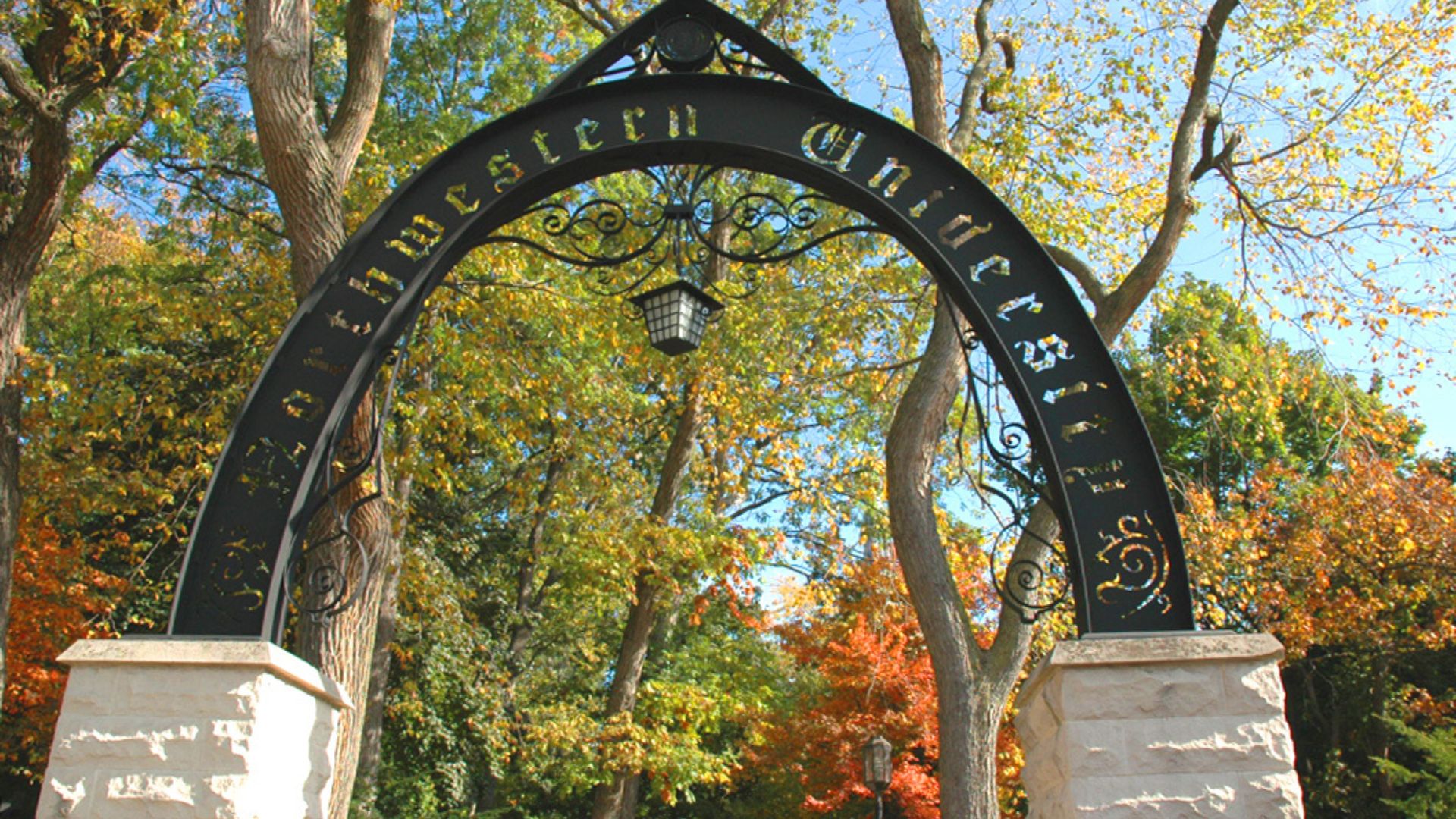
Describing academic hiring as a “cesspool of corruption and lawlessness,” the lawsuit filed in Chicago paints a grim picture of the state of university employment practices nationwide.
This accusation suggests deep-seated issues that could undermine the credibility of higher education institutions.
Diversity or Discrimination?

The crux of the lawsuit against Northwestern Pritzker School of Law revolves around its alleged mandate to preferentially hire women and people of color.
The plaintiffs claim this policy violates federal anti-discrimination laws.
In the Wake of the Supreme Court’s Ruling
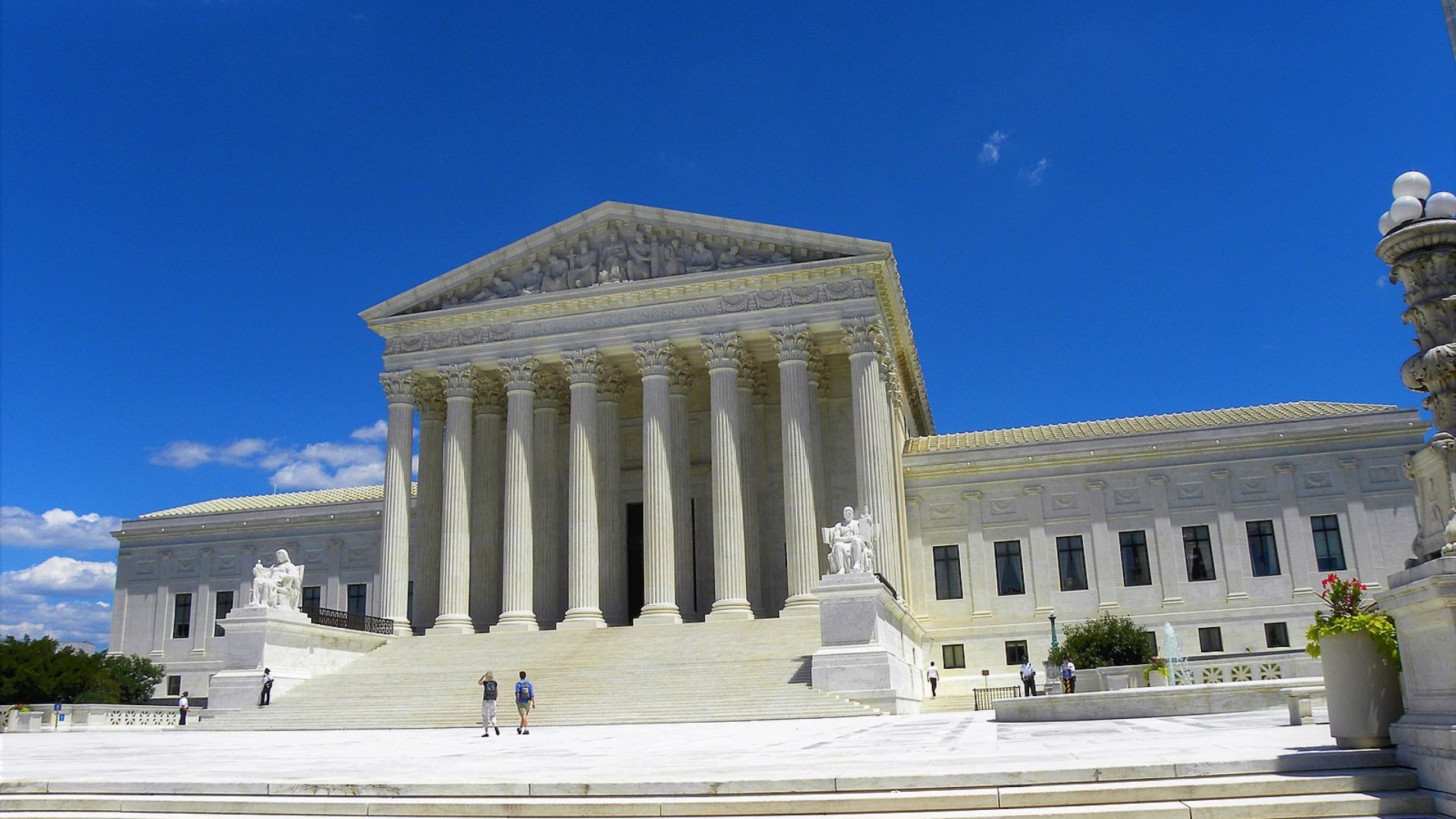
The lawsuit comes in the aftermath of a landmark Supreme Court decision striking down affirmative action.
It challenges the continuation of diversity-driven hiring policies, questioning their legality and impact on fairness.
Northwestern Defends Its Reputation
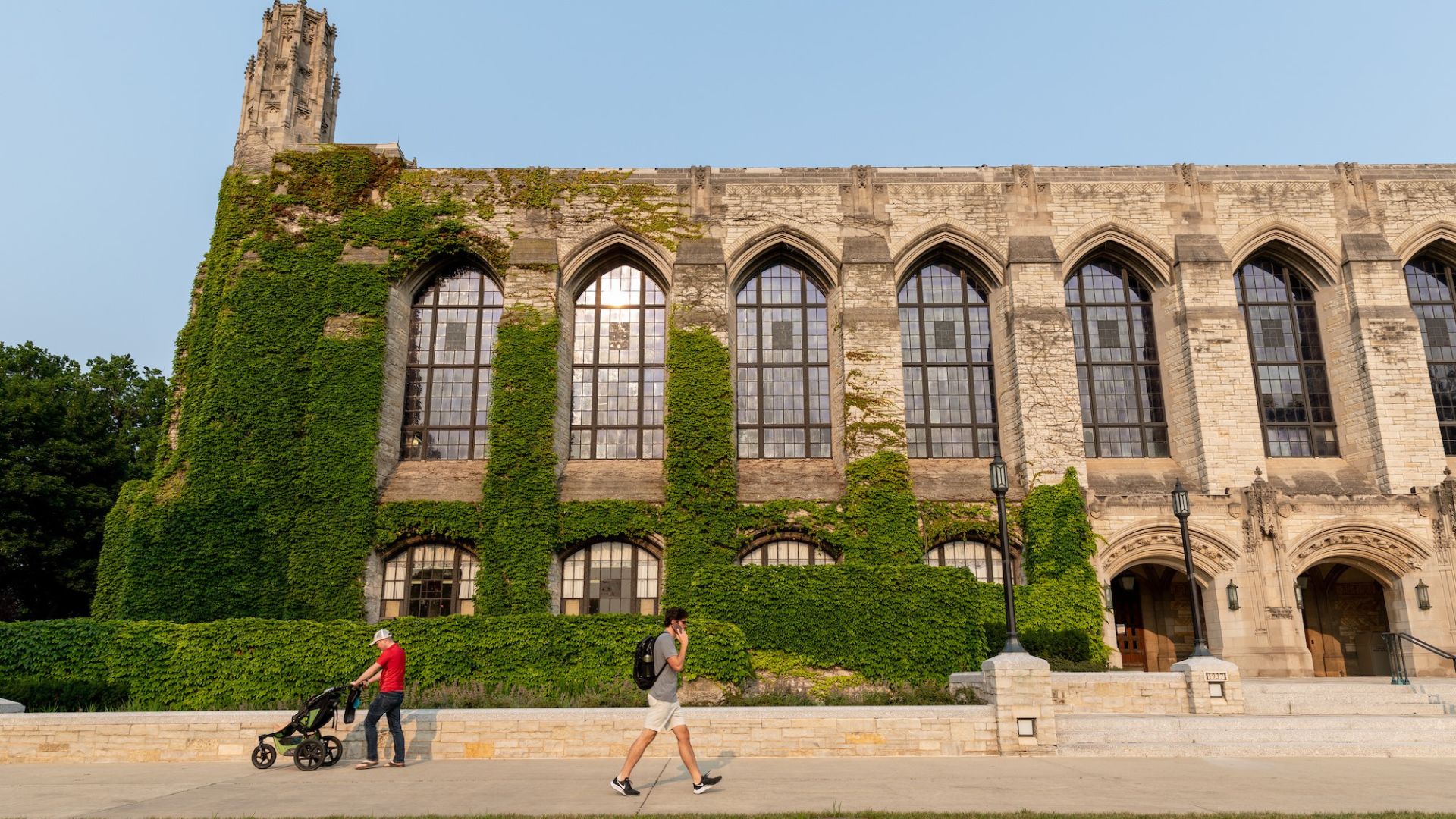
Facing these allegations, Northwestern University stands firm.
Jon Yates, a spokesperson, expressed confidence in the integrity and quality of their faculty, stating, “We intend to vigorously defend this case.”
The Attorney at the Helm

Jonathan Mitchell, a lawyer with a portfolio of high-stakes cases, leads the legal battle against Northwestern.
His previous work includes controversial laws and Supreme Court appearances, adding a layer of prominence to the current case.
The Group Behind the Lawsuit
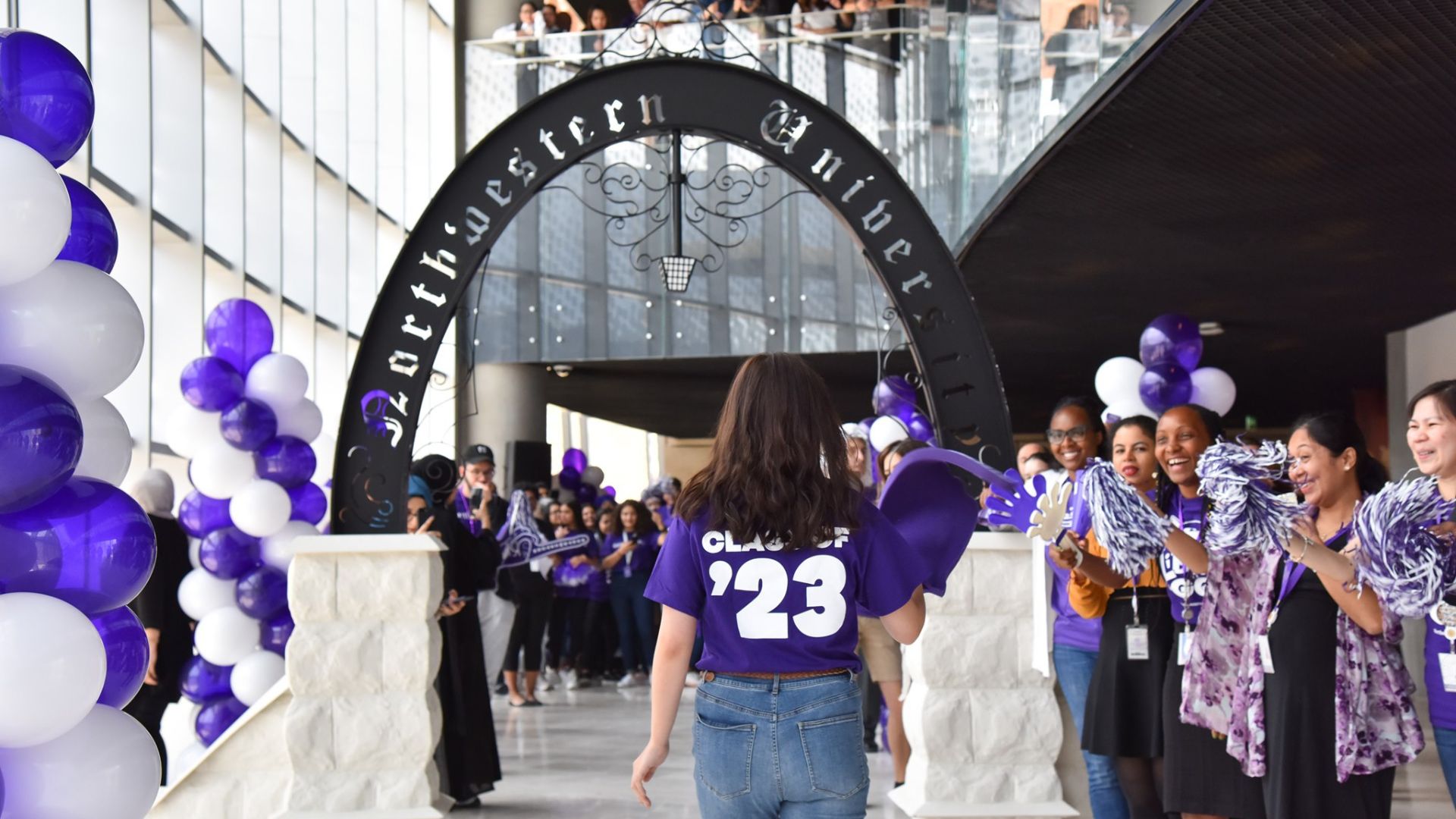
Faculty, Alumni, and Students Opposed to Racial Preferences (FASORP), the group initiating the lawsuit against Northwestern, is driven by a commitment to meritocracy in academic hiring.
The organization argues that employment processes should prioritize individual merit over demographic characteristics.
Questioning Hiring Criteria

The lawsuit points to a troubling trend at Northwestern’s law school.
It alleges it favors candidates with “mediocre and undistinguished records” over white men with superior qualifications, sparking a debate on the fairness of their selection process.
The Numbers Game
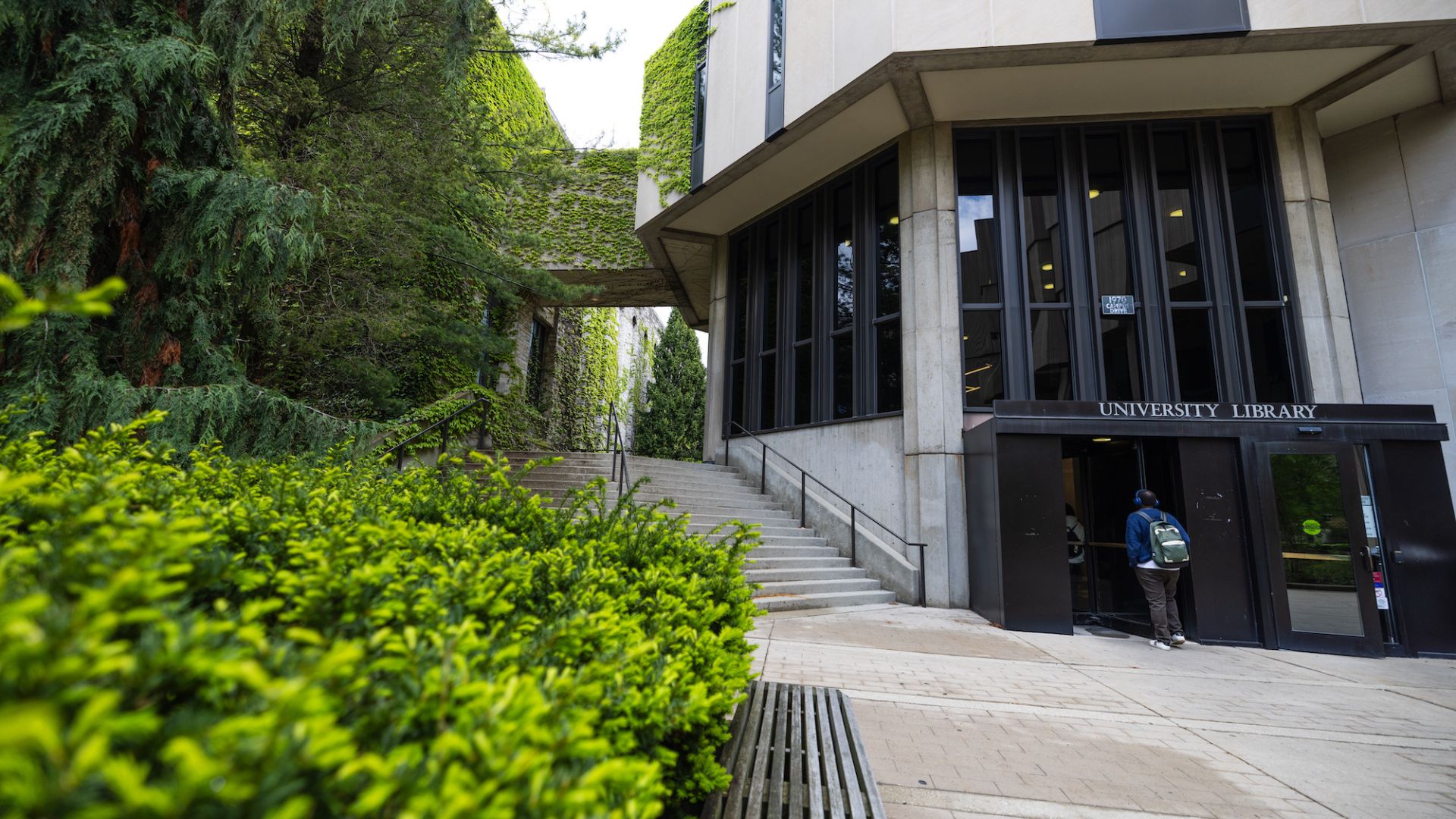
Highlighting a concerning statistic, the lawsuit notes that only three out of 21 recent job offers at the law school went to white men.
This suggests a pattern that could indicate systemic bias.
Historical Context of Legal Challenges
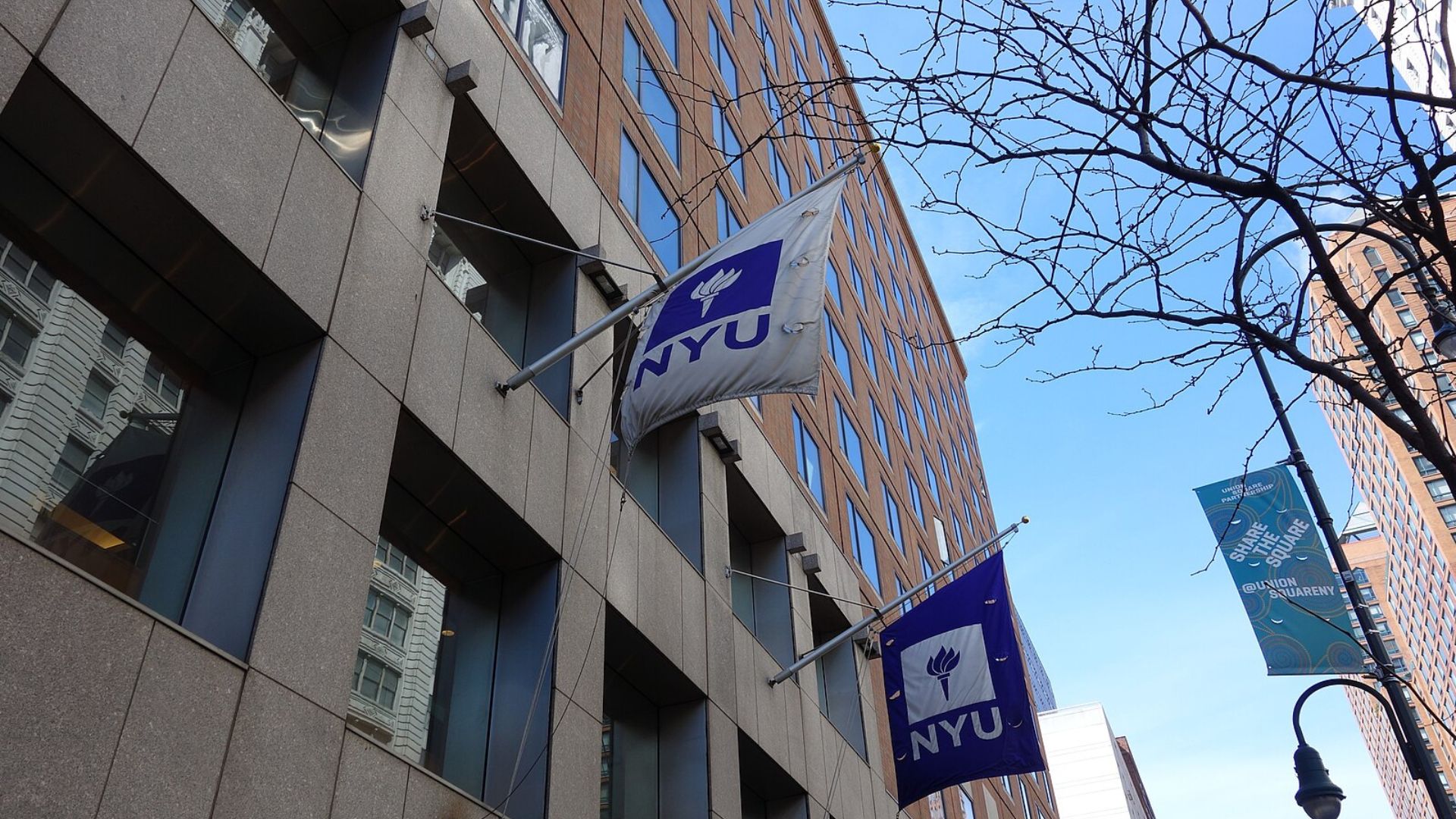
FASORP is no stranger to the courtroom, having previously taken NYU and Harvard Law Reviews to court over claims of discrimination against white men.
However, those efforts were ultimately unsuccessful.
Learning from Past Legal Setbacks
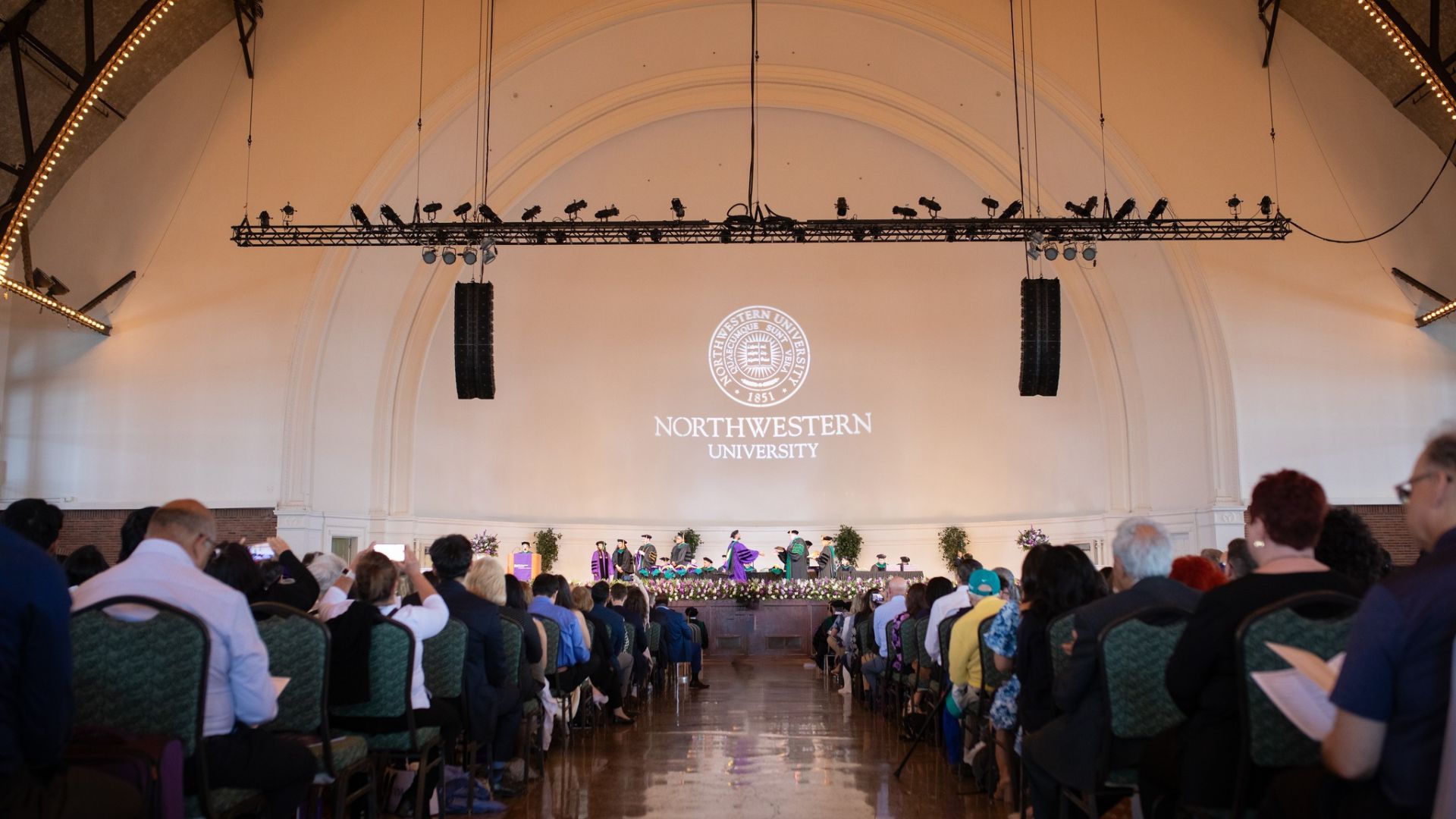
The outcomes of earlier lawsuits, which saw FASORP losing due to lack of standing, might influence how the current case against Northwestern unfolds.
This could potentially set a precedent for how similar future claims are handled.
What’s Next for Northwestern?

As this lawsuit gains media attention, the academic community and legal experts closely watch to see how Northwestern will handle these explosive allegations.
The verdict could profoundly impact academic hiring practices and further ignite the debate over the balance between diversity initiatives and merit-based selection.
